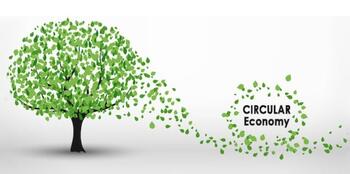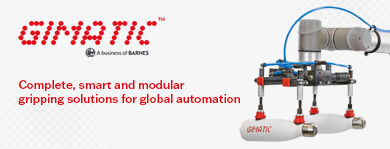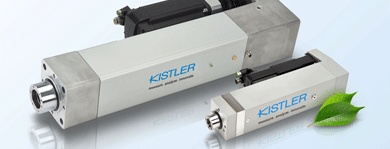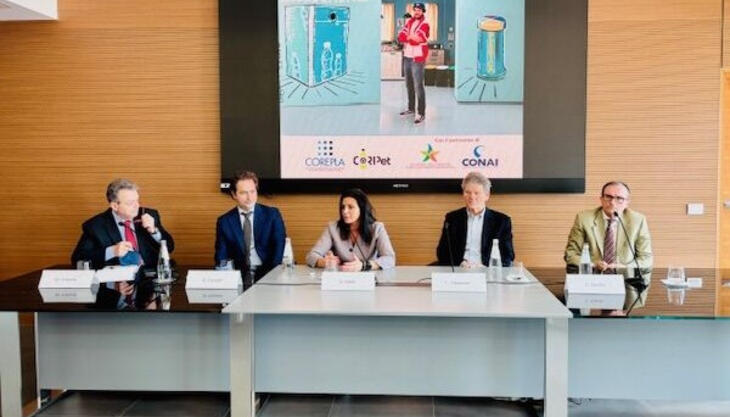
On December 2 the European Commission published its long awaited circular economy package, following the withdrawal of a previous proposal at the beginning of 2015. When withdrawing the previous proposal, the European Commission promised that it would deliver a “more ambitious” proposal before the end of 2015. EuPC welcomes this new package and many of the initiatives contained in the four legislative proposals (on Waste Framework Directive, Packaging & Packaging Waste Directive, Landfill Directive, and WEEE). However, EuPC is concerned that the level of legal clarity contained in the package is not sufficient to guide companies in Europe towards a circular economy.
“EuPC was hoping for more clarity and harmonisation of the EU waste acquis across EU 28 Member States, however, we fail to see a harmonised approach in the package and we therefore question the level of ambition of this new proposal on provisions on landfilling, EPR schemes and end‐of‐waste criteria”, EuPC managing director, Alexandre Dangis, stated Speaking on the proposal.
The proposal needs more clarity on the difference between recycling and reuse and the calculation methodology remains ambiguous. Instead of pursuing an eventual landfill ban for recyclables by 2025, as supported by EuPC, the Commission proposes a 90% reduction in landfilling of municipal waste by 2030.
The proposal also includes economic incentives for producers to put greener products on the market and support recovery and recycling schemes. “Plastics converters are constantly innovating to produce more sustainable products and are working on increasing the recovery and recycling of their products in the building and construction sector, packaging sector, automotive and many more”, Dangis added speaking on this
The package will now be sent to the European Parliament and the Council for scrutiny and both institutions will carry out work on their positions in the first quarter of 2016. EuPC looks forward to cooperating with the institutions to improve this proposal for a circular economy.
Also for PRE (Plastics Recyclers Europe) the new circular economy package lacks concrete actions to push plastics recycling across Europe.
“Recycling targets have been weakened, landfill ban is no longer foreseen, the recycling calculation methodology remains ambiguous, waste exports are not covered and waste sorting and quality is not tackled. Waste management needs clear guidance in order to perform efficiently and this facelifted package is lacking concrete actions”, according to PRE director Antonino Furfari.
Each step of the waste management must be guided to achieve the purpose of the circular economy. For instance, sorting waste is a fundamental step to achieve circularity of the materials, but sorting is not defined in any EU legislation.
PRE looks forward to the positive discussions in the European Parliament and Council in order to work a truly more ambitious package. This package will need more input from the institutions and stakeholders if growth for Europe is the objective of the Juncker Commission.






















